Caregiver Asks about Elder Abuse Types: Suspected Abuse of an Older Person
Learn how to help a neighbor who is dealing with elder abuse concerns. From understanding HIPPA laws to finding the right resources, we provide tips for advocating for your neighbor's safety and well-being.
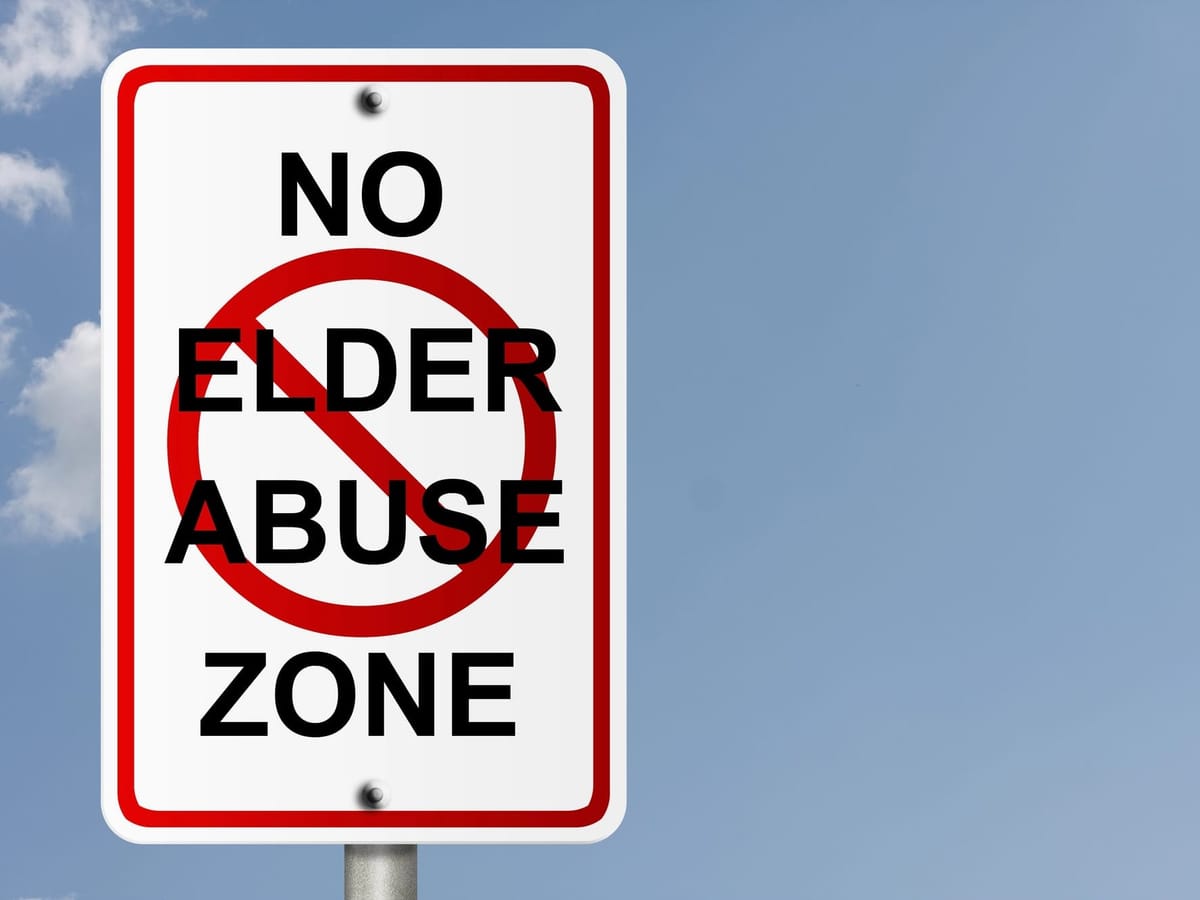
Kathy, from Huntington Beach, California, writes in about elder abuse concerns regarding a neighbor:
Dear Caregiver Relief,
I have an 88-year-old neighbor who recently fell. She was taken to the ER with her three neighbors by her side.
She told the doctor her son pushed her and wouldn’t let her out of the house. The police conducted an investigation, and her son was arrested and later released. It turns out he drinks! She is now saying that isn’t what happened.
She is in a skilled nursing home but didn’t stay three days overnight in the hospital, which means she’s now responsible for paying the costs herself. She signed some paperwork but doesn’t seem to understand what she signed.
When I visited her, she was heavily sedated and kept passing out. No one is providing us with any information, and no one seems to be helping her. Making her sign papers when she doesn’t even know who was visiting her isn’t helping either.
Her son has POA but isn’t allowed to talk with her because the police issued a restraining order against him.
What can we do, if anything, to help? I lost my mom a few years ago, and I’ve been helping her alongside the other two ladies who were with her that night.
We just want to know what her medical coverage is so we can help her avoid losing everything she has.
Can anyone help me?
-Kathy
fallsqueze@yahoo.com
Dear Kathy,
I am so sorry to hear about this situation. Elder abuse is a terrible thing to deal with, and your neighbor was not in a good situation.
The hard part right now is getting things sorted out so that she remains safe.
As a neighbor, no one can give you any information because of HIPAA laws, which are imposed for privacy. It is so frustrating when you cannot get any information—it makes you feel helpless.
Since your neighbor is in a nursing home and did not have a 3-day stay in the hospital, she is considered private pay while in the nursing home at this time.
I do not know her financial situation, but she will likely be responsible for significant expenses. If she owns a home, once her savings and other assets are depleted, a lien may be placed against the house. If she is the sole owner, the house would help pay for the nursing home costs.
I understand this is upsetting to hear, but it may be the safest place for her right now.
However, I do have some concerns that need to be addressed:
1. If she is signing papers while under sedation, this is unethical and should be investigated.
2. Adult Protective Services should have been notified about her situation, especially given the circumstances.
My suggestion is to contact the state ombudsman and request an investigation into her situation. The ombudsman can address concerns about her sedation, the signing of papers under duress, and the overall care she is receiving.
Additionally, consider the following:
• What are her immediate needs, and what are her long-term needs?
• Does she have any other family members who could advocate for her?
• Can the ombudsman assess her medical situation, particularly the sedation and reasons for it?
While the nursing home may not be the best place for her, it is currently a safe environment. At this point, calling the ombudsman and advocating for a thorough investigation is the most effective way to help.
Thank you for your compassion and willingness to help your neighbor during this difficult time.
Warm Regards,
Diane Carbo RN
Caring for a loved one can be overwhelming — but you're not alone. If you have questions, big or small, our expert team is here to help.
👉 Click here to Ask the Expert
Caregiver Asks about Elder Abuse Types: Suspected Abuse of an Older Person
Elder abuse, also known as the abuse of older people, is a pressing concern worldwide, affecting the safety, dignity, and well-being of older adults. It encompasses various forms of mistreatment that can have devastating physical, emotional, and financial consequences. In this article, we delve into the different types of elder abuse, their warning signs, risk factors, and steps to prevent and address abuse effectively. Kathy’s story from Huntington Beach, California, sheds light on these challenges, offering a real-world example of the complexities involved in elder mistreatment cases.
What Is Elder Abuse?
Elder abuse is defined as a single or repeated act, or lack of action, that causes harm or distress to an older person. The World Health Organization highlights elder abuse as a significant public health issue, with consequences including premature mortality, physical and psychological health decline, and financial devastation.
Types of Elder Abuse
- Physical Abuse: Intentional harm such as hitting, pushing, or restraining.
- Emotional Abuse: Verbal threats, humiliation, or isolation.
- Financial Exploitation: Misuse of an older person’s bank accounts, social security benefits, or assets.
- Sexual Abuse: Non-consensual sexual contact.
- Neglect: Failing to provide adequate care, resulting in unsafe living conditions or poor hygiene.
- Self-Neglect: When older adults cannot care for themselves, leading to unpaid bills, medical neglect, or worsened mental health.
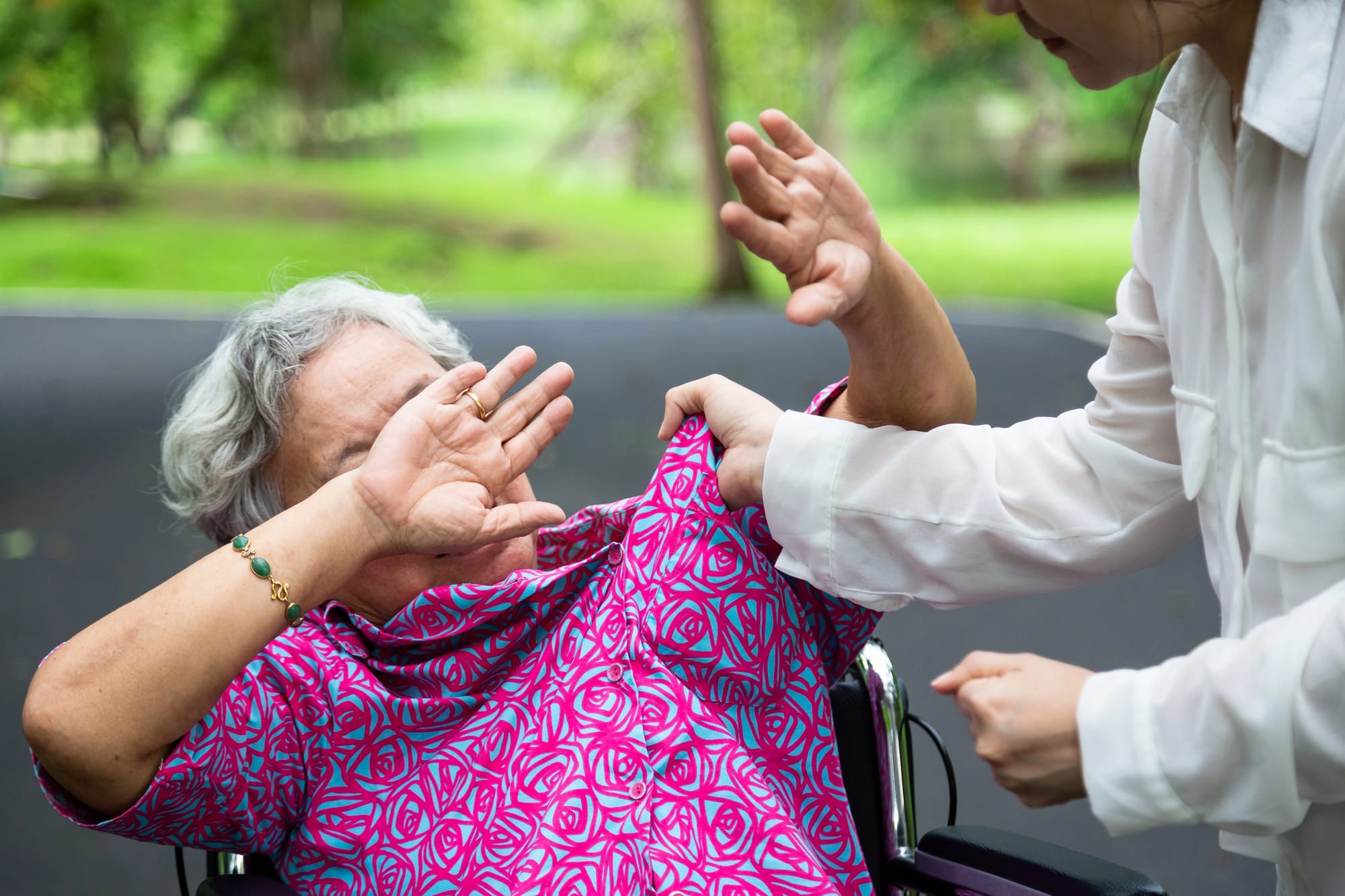
Vulnerable Older Adults
Older adults who are vulnerable to abuse often have certain characteristics or circumstances that make them more susceptible to mistreatment. These may include:
- Physical or cognitive disabilities: Older adults with disabilities may be more dependent on caregivers, making them more vulnerable to abuse. For instance, an older adult with mobility issues may rely on a caregiver for daily activities, increasing the risk of physical abuse if the caregiver becomes frustrated or overwhelmed.
- Social isolation: Older adults who are isolated from friends and family may be more likely to be abused, as they may not have a support system to turn to. Isolation can make it easier for abusers to manipulate and control their victims without fear of intervention.
- Mental illness: Older adults with mental health conditions, such as dementia or depression, may be more vulnerable to abuse. These conditions can impair their ability to recognize or report abuse, making them easy targets for unscrupulous caregivers or family members.
- Substance abuse: Older adults with substance abuse problems may be more likely to be abused, as they may be more vulnerable to exploitation. Substance abuse can also exacerbate existing health issues, making the older adult more dependent on others for care.
- Financial dependence: Older adults who are financially dependent on others may be more vulnerable to financial abuse. This dependence can create a power imbalance, making it easier for abusers to exploit the older adult’s financial resources.
- Lack of education or resources: Older adults who lack education or resources may be more vulnerable to abuse, as they may not know how to report it or seek help. They may also be unaware of their rights or the services available to protect them.
Physical Elder Abuse: Recognizing the Warning Signs
Physical abuse often manifests as broken bones, bruises, or unexplained injuries. If an elderly person reports being hurt or is fearful of their caregiver, intervention is necessary.
Emotional and Psychological Elder Abuse
Emotional elder abuse, also known as psychological abuse, includes verbal attacks, threats, or psychological manipulation. Signs include depression, withdrawal, or heightened anxiety.
Financial Abuse and Exploitation
Financial exploitation is alarmingly common, involving unauthorized access to an elder’s credit cards, life insurance policy, or financial resources. This form of abuse can lead to devastating financial loss and leave victims unable to meet their basic needs.
Elder Neglect and Self-Neglect
Neglect is a form of abuse where caregivers fail to meet an older adult’s needs. Self-neglect occurs when individuals fail to manage their personal care, leading to poor hygiene or unsafe environments.
Risk Factors for Elder Abuse
Key risk factors include:
- Substance abuse by caregivers or family members.
- Caregiver stress due to overwhelming responsibilities.
- Mental illness in either the caregiver or older adult.
- Weak social and family ties or isolation of the older person.
- Dependence on caregivers for daily needs.
Warning Signs of Elder Abuse
- Sudden changes in behavior or mood.
- Unexplained injuries.
- Poor living conditions or hygiene.
- Suspicious changes to legal documents or financial records.
- Signs of fear or anxiety around a family member or caregiver.
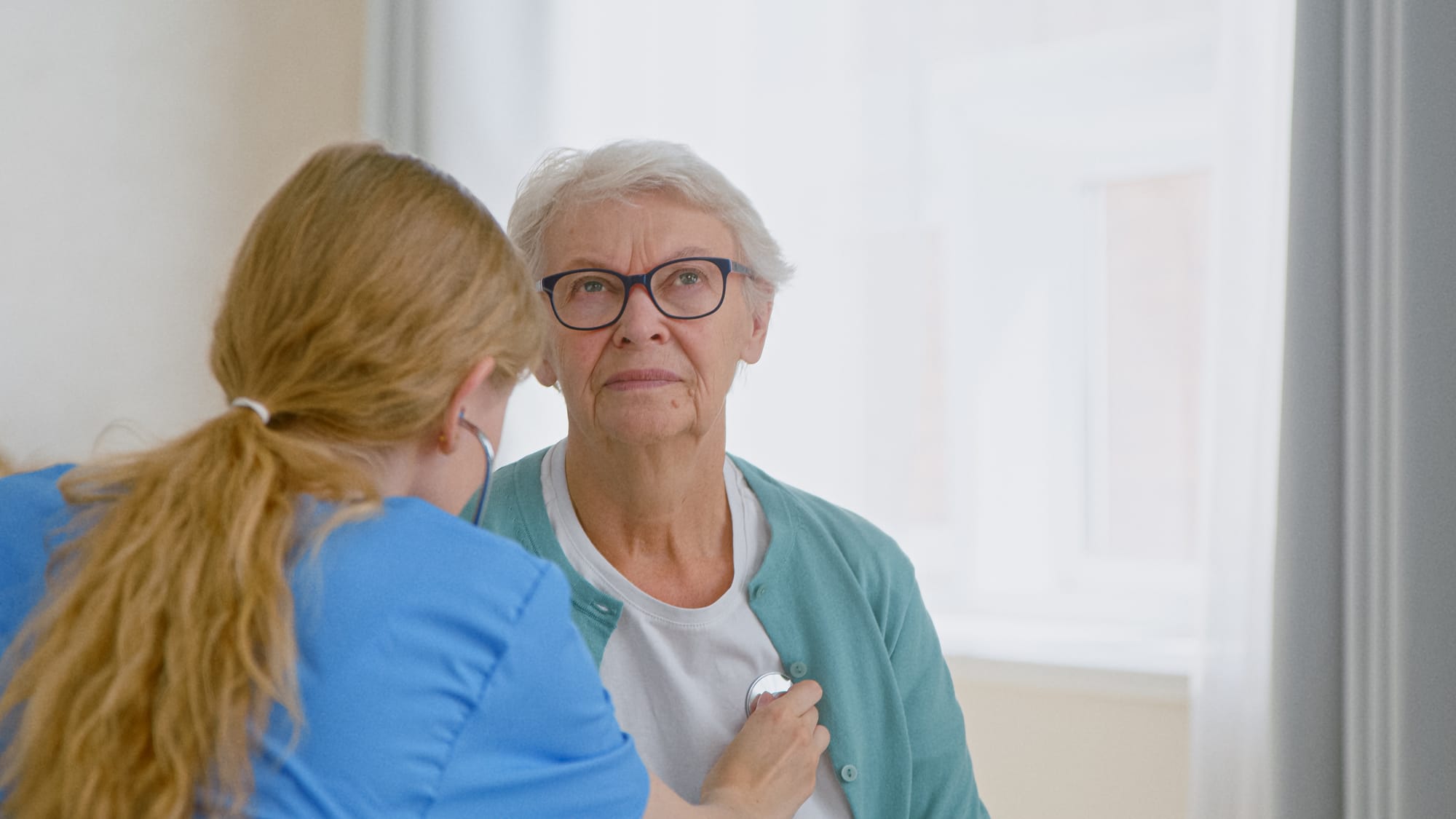
Reporting Elder Abuse
If you suspect abuse, take immediate action. Contact:
- Adult Protective Services (APS).
- Local law enforcement if the person is in immediate danger.
- A geriatric care manager or the National Center on Elder Abuse for guidance.
Role of Family Members in Elder Abuse Cases
Family members are often the primary caregivers, but they may also be the perpetrators. In Kathy’s story, her son’s substance abuse and controlling behavior raised concerns of physical and financial elder abuse.
Elder Abuse in Institutional Settings
Elder mistreatment is not confined to homes. Nursing homes and assisted living facilities can also harbor abuse. Signs include over-sedation, poor care, or coercion into signing documents, as seen in Kathy’s case.
Protecting Older Adults
Raising awareness and promoting education can prevent abuse. Family caregivers, community members, and professionals must work together to protect older adults from harm.
Role of Ombudsmen in Addressing Abuse
Ombudsmen can investigate issues in institutional settings, such as inappropriate medication or unethical practices like making a sedated individual sign legal documents.
Preventing Elder Abuse
- Strengthening social and family ties.
- Ensuring caregivers have adequate financial resources and support.
- Regular visits and monitoring of dependent older adults.
- Educating families and caregivers on the warning signs of abuse and neglect.
Addressing Caregiver Stress
Support for caregivers, such as respite care or counseling, can reduce the likelihood of abuse stemming from caregiver stress.
Legal and Financial Safeguards
- Establishing trusted power of attorney (POA).
- Monitoring bank accounts and financial transactions.
- Educating older adults about healthcare fraud and financial scams.
Conclusion: Raising Awareness and Taking Action
Elder abuse is a multifaceted issue requiring immediate attention. Stories like Kathy’s illustrate the complexities of such abuse, particularly when family members or caregivers are involved. By recognizing signs of elder abuse, understanding risk factors, and leveraging available resources, communities can work together to raise awareness and prevent abuse. If you suspect elder mistreatment, do not hesitate to report elder abuse to the proper authorities. Every action counts in safeguarding the dignity and well-being of older adults.
Frequently Asked Questions on Elder Abuse
What are the most common types of elder abuse?
A: Elder abuse includes:
- Physical abuse: Hitting, pushing, or restraining.
- Emotional abuse: Verbal attacks, threats, or humiliation.
- Financial exploitation: Misusing an older adult’s bank accounts, assets, or social security benefits.
- Neglect: Failing to provide adequate care, leading to unsafe living conditions or poor hygiene.
- Self-neglect: When an older adult fails to care for their own basic needs.
- Sexual abuse: Any non-consensual sexual contact.
What are the warning signs of elder abuse?
A: Common signs include:
- Poor hygiene or medical aids in disrepair, such as a broken hearing aid.
- Unexplained injuries like broken bones or bruises.
- Signs of fear, depression, or withdrawal.
- Unpaid bills or suspicious activity with credit cards or a life insurance policy.
- Reports of a primary caregiver behaving abusively.
What should I do if I suspect elder abuse?
A: If you suspect elder mistreatment:
- Call Adult Protective Services (APS) or local authorities.
- Report abuse to the nursing home ombudsman if it occurs in an institutional setting.
- Contact law enforcement if the person is in immediate danger.
How does substance abuse contribute to elder abuse?
A: Caregivers or family members with substance abuse problems may exhibit impaired judgment or aggression, increasing the likelihood of committed abuse or neglect.
Can elder abuse occur in nursing homes or assisted living facilities?
A: Yes, nursing homes and assisted living facilities can be sites of abuse. Residents may face neglect, over-sedation, or exploitation, such as being coerced into signing documents.
What role do family caregivers play in elder abuse cases?
A: Family caregivers are often primary caregivers but may also be perpetrators due to caregiver stress, mental illness, or financial pressures. Ensuring adequate support and monitoring is crucial.
What are the risk factors for elder abuse?
A: Risk factors include:
- Weak family ties or social isolation.
- Dependence on caregivers for daily needs.
- Caregiver mental health issues or substance abuse.
- Lack of adequate financial resources for care.
What is elder self-neglect, and how is it different from other forms of abuse?
Elder self-neglect occurs when an older adult cannot care for their own needs, leading to unpaid bills, poor living conditions, or untreated health problems. Unlike other forms of abuse, it is not caused by another person.
How can financial exploitation of older adults be prevented?
A: Steps to prevent financial exploitation include:
- Monitoring bank accounts and financial transactions.
- Assigning a trustworthy power of attorney (POA).
- Educating older adults about scams and healthcare fraud.
What are the consequences of elder abuse?
A: Abuse can result in:
- Physical and psychological health decline.
- Devastating financial loss and depletion of savings.
- Premature mortality in severe cases.
- Loss of trust and dignity for the elder abuse victims.
How does poor personal hygiene relate to elder neglect?
A: Poor hygiene is a sign of neglect, whether caused by caregivers failing to provide proper care or self-neglect due to the older adult’s inability to manage their needs.
How can the community help prevent elder abuse?
A: Both the community and family members can:
- Raise awareness about elder abuse types.
- Provide resources to reduce caregiver stress.
- Advocate for policies to protect older adults in institutional settings.
What organizations can help in elder abuse cases?
A: Key organizations include:
- The National Center on Elder Abuse.
- Local Adult Protective Services (APS).
- Ombudsman programs for nursing homes and assisted living facilities.
What legal protections exist for elder abuse victims?
A: Legal protections include:
- Reporting abuse to APS or law enforcement.
- Investigations by ombudsmen in nursing home cases.
- Laws preventing financial exploitation of older adults.
Q15: How does caregiver stress lead to elder abuse?
A: Caregiver stress from overwhelming responsibilities can lead to neglect or abuse. Support systems and resources can reduce this risk.
Q16: What can family members do to prevent elder abuse?
A: Family members can:
- Maintain strong family ties and regularly check in on older relatives.
- Monitor caregivers for signs of stress or substance abuse.
- Stay informed about signs of elder abuse and act immediately on suspected abuse.
By understanding the complexities of elder abuse and taking proactive steps, we can work together to protect the dignity and well-being of older adults.
More on More topics you may want to read.
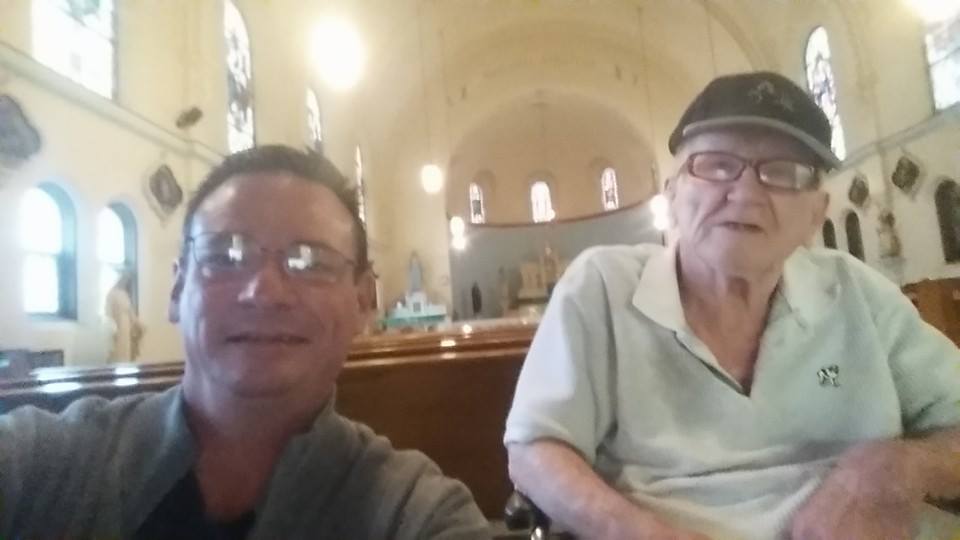
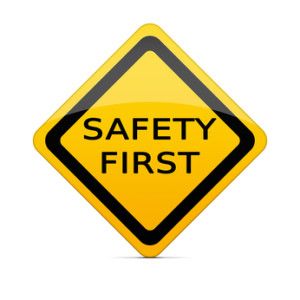
Our Resources section can help you find the information and tools that you need. We have courses, videos, checklists, guidebooks, cheat sheets, how-to guides and more.
You can get started by clicking on the link below. We know that taking care of a loved one is hard work, but with our help you can get the support that you need.
Click here to go to Resources Section now!







